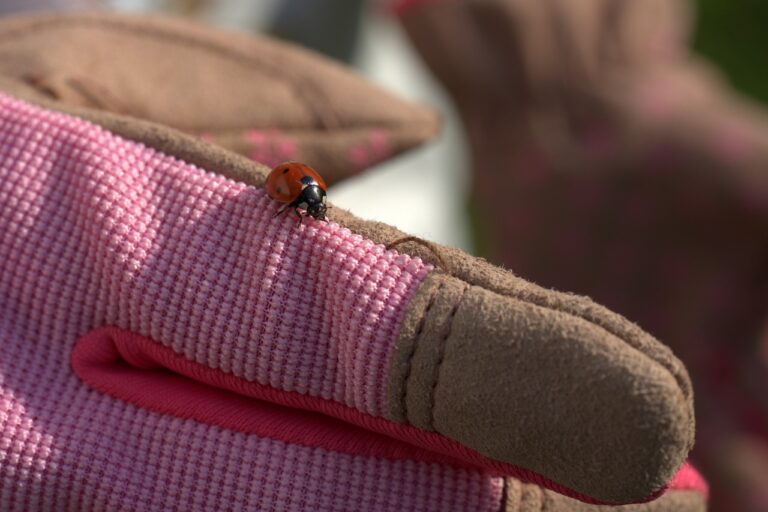- Organic Pest Control: A Natural Approach to Pest Management
In today’s increasingly eco-conscious world, homeowners and businesses are seeking effective yet environmentally friendly pest control solutions. Organic pest control has emerged as a viable alternative to traditional chemical methods, offering a holistic approach that prioritizes both human and environmental health.
Organic Pest Control Methods
Biological Control
- Beneficial insects: Introduce predators like ladybugs, lacewings, and parasitic wasps that prey on pests.
- Microbial control: Utilize bacteria, fungi, and viruses that are specific to target pests.
Cultural Practices
- Crop rotation: Alternate planting different plant species to disrupt pest life cycles.
- Companion planting: Plant species that repel pests (e.g., marigolds) or attract beneficial insects (e.g., lavender).
- Sanitation: Remove debris, food sources, and hiding places that attract pests.
Mechanical Control
- Traps and barriers: Use baited traps, sticky traps, or physical barriers to catch or exclude pests.
- Handpicking: Manually remove pests, especially in small infestations.
Natural Pesticides
- Neem oil: Derived from neem trees, it acts as a repellent, insecticide, and fungicide.
- Pyrethrum: A natural extract from chrysanthemum flowers that kills pests on contact.
- Diatomaceous earth: A fine, abrasive powder that dehydrates and kills insects.
Benefits of Organic Pest Control
- Safer for humans and pets: Avoids exposure to toxic chemicals.
- Environmentally friendly: Preserves biodiversity and soil health.
- Effective: Can control pests as effectively as conventional methods, especially when used as part of an integrated pest management (IPM) program.
- Long-term solution: Reduces reliance on chemicals, leading to fewer pest problems over time.
- Prevents resistance: Organic methods target specific pests, reducing the likelihood of developing resistance.
Implementing Organic Pest Control
Practical Tips
- Start with prevention: Focus on cultural practices and sanitation to minimize pest infestations.
- Monitor regularly: Inspect plants and check for pest activity to identify problems early.
- Use multiple methods: Combine biological, cultural, and mechanical control for a comprehensive approach.
- Be patient: Organic pest control takes time and consistency to produce results.
- Seek professional guidance:* Consult with a licensed organic pest control company for expert advice and assistance.
Conclusion
Organic pest control offers homeowners and businesses a sustainable and effective alternative to traditional chemical methods. By embracing biological, cultural, mechanical, and natural pesticide techniques, we can protect our health, environment, and future generations from the harmful effects of synthetic pesticides. Implementing these strategies in an integrated manner can create a pest-free environment while preserving the delicate balance of our ecosystems.

























